The herpes virus is a common sexually transmitted infection (STI) that can have negative consequences if you decide to get a tattoo while infected with the herpes simplex virus. These sores contain the virus and if they come into contact with the tattoo needle, they can spread the infection. Herpes can cause severe and long-lasting problems, so getting a tattoo is not worth the risk.
No, when you are experiencing herpes outbreaks, avoid getting a tattoo. It is highly contagious during this time, and tattooing can irritate the skin and delay healing. Make sure the outbreak has wholly healed before getting a tattoo.
In this blog post, we will discuss whether I can get a tattoo if I have herpes, consider all factors before getting a tattoo, and the risks of tattooing with herpes.
Can I Get a Tattoo If I Have Herpes: 6 Precautions

Herpes raise significant concerns you need to weigh before deciding. While herpes is a common and manageable viral infection, it can affect your skin and immune system, making tattoos riskier than for people without herpes. To help you make an informed choice, let's explore some factors you should consider before getting a tattoo with herpes.
Consult with a Healthcare Professional
Before you decide to get a tattoo, it’s crucial to consult with a healthcare professional. They can provide detailed information about your potential risks and precautions. This may include advice on:
- The best time to get a tattoo.
- Complications.
- Medications you might need to take.
Choose a Reputable Tattoo Studio
Not all tattoo studios follow hygiene standards. Therefore, choosing a reputable studio that adheres to strict cleanliness protocols is essential. Look for studios that:
- Use new, sterile needles for each client.
- Clean and disinfect their equipment regularly.
- Have trained and certified artists.
Inform the Tattoo Artist
It’s essential to inform the tattoo artist about your condition. This allows them to take extra precautions to prevent any complications. They might need to:
- Avoid tattooing areas where you usually have outbreaks.
- Use specific types of ink or equipment.
- Follow a different aftercare routine.
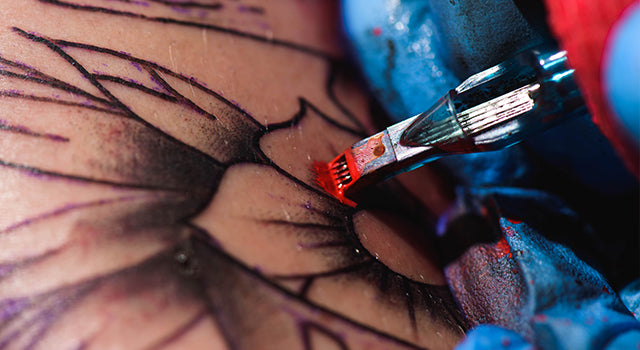
Avoid Tattooing During Outbreaks
Getting a tattoo during a herpes outbreak can increase the risk of complications. It’s best to wait until the outbreak has completely healed before getting a tattoo. Remember to:
- Monitor your symptoms closely.
- Postpone your appointment if you have an outbreak.
- Follow your healthcare professional’s advice.
Follow Proper Aftercare
Proper aftercare is crucial to prevent infections and ensure your tattoo heals properly. Make sure to:
- Keep the tattooed area clean and dry.
- Avoid scratching or picking at the tattoo.
- Follow the aftercare instructions provided by the tattoo artist.
Tattoo Location
The location of your tattoo is another essential factor to consider. It’s advised to avoid areas where you usually have herpes outbreaks.
- Avoid Outbreak Areas: Herpes sores can interfere with the tattoo's healing process.
- Consider Visibility: The location of the tattoo should also be chosen based on how visible you want it to be.
6 Potential Risks of Tattooing With Herpes

If you have herpes, you may wonder if it is safe to get a tattoo. While many people with herpes get tattoos with no adverse effects, there are some risks that you should know if you decide to get inked.
- Increased Risk of Infection: If you are suffering from a herpes outbreak at the time of your tattoo, you are more susceptible to infection. The herpes virus weakens your immune system, making it harder for your body to fight off bacteria or other pathogens that may enter your system during tattooing.
- Spread of Herpes: If your outbreak is not contained, the herpes virus can spread to other areas of your body or even to other people through contact with your open sores.
- Delayed Healing: The herpes virus may also slow down the healing process of your tattoo, which could lead to scarring or other complications.
- Allergic Reaction: Some people with herpes may also be more prone to allergic reactions to the tattoo ink or other elements of the tattooing process.
- Misdiagnosis: If you have herpes outbreaks in locations other than your usual genital or oral regions, it can be misdiagnosed as other skin conditions. This misdiagnosis can be dangerous, especially if your tattoo artist is not aware of your herpes status.
- Transmission to Tattoo Artists: There’s a risk that the herpes virus could be transmitted to the tattoo artist. This is especially true if open sores or blisters are present during tattooing.

Conclusion
If you have herpes, the answer to whether you can get a tattoo ultimately depends on the individual case. While getting a tattoo is not impossible, taking all necessary measures to minimize risks and avoid complications is crucial.
Consulting with a tattoo artist and medical professionals beforehand can help determine if getting inked is safe for you. Remember, safety is vital, and self-care practices should always come first. Be informed, make educated decisions, and enjoy your tattooing experience.

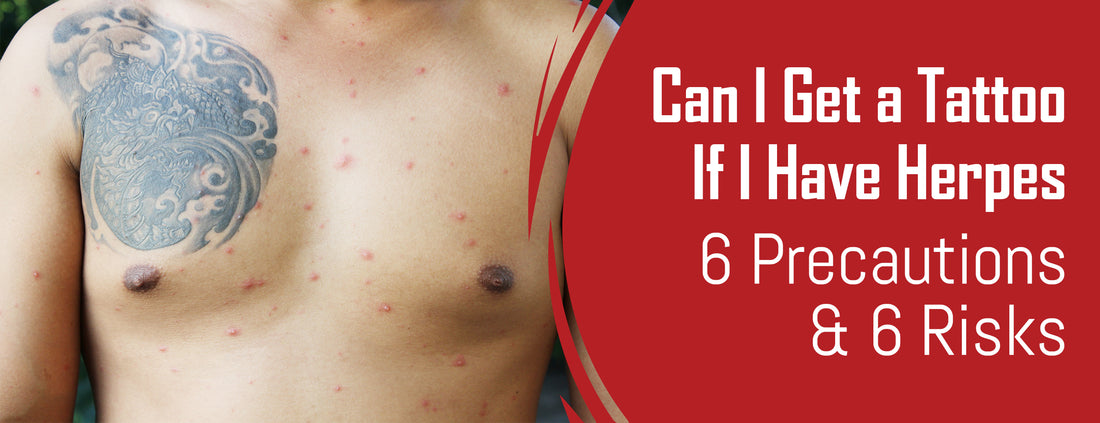

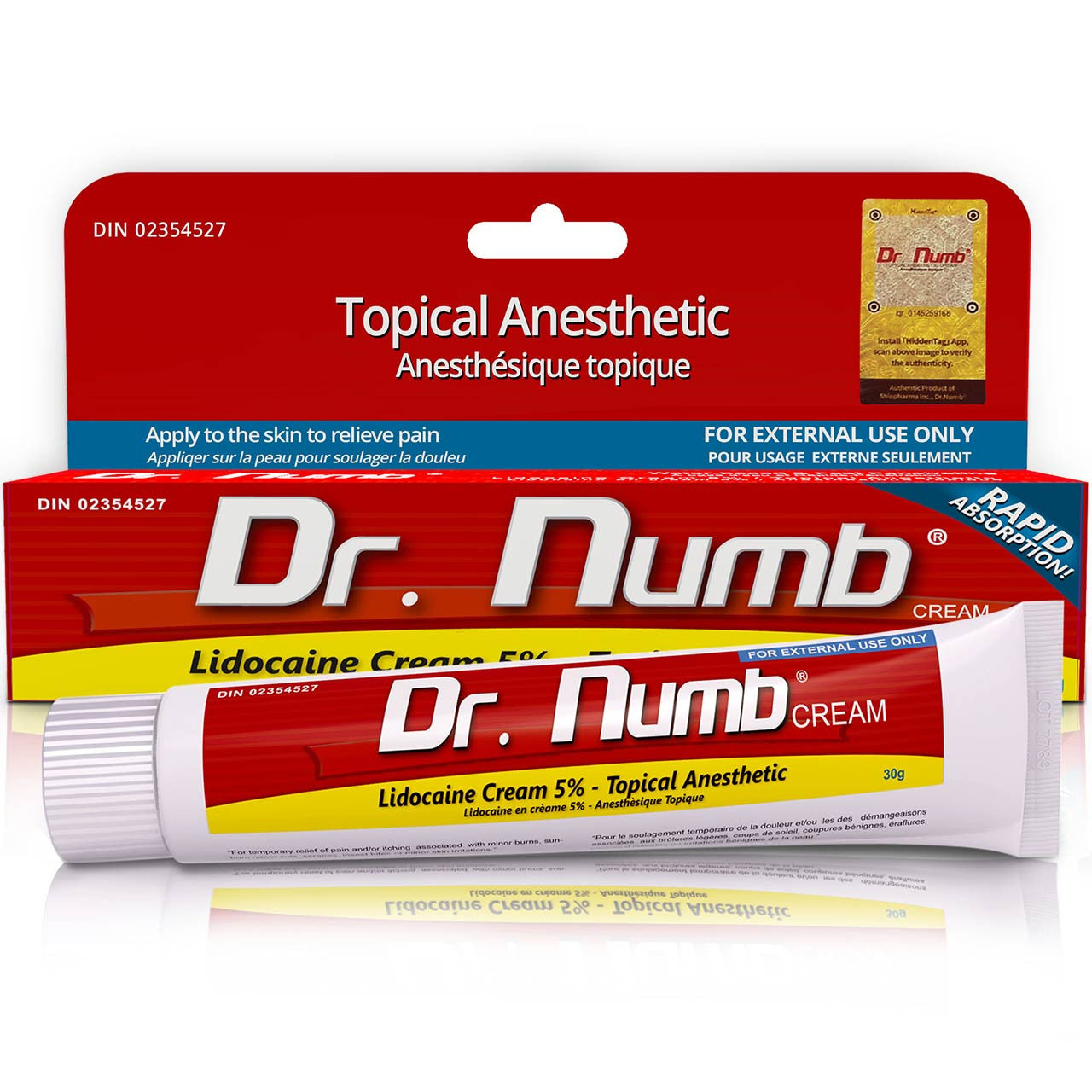
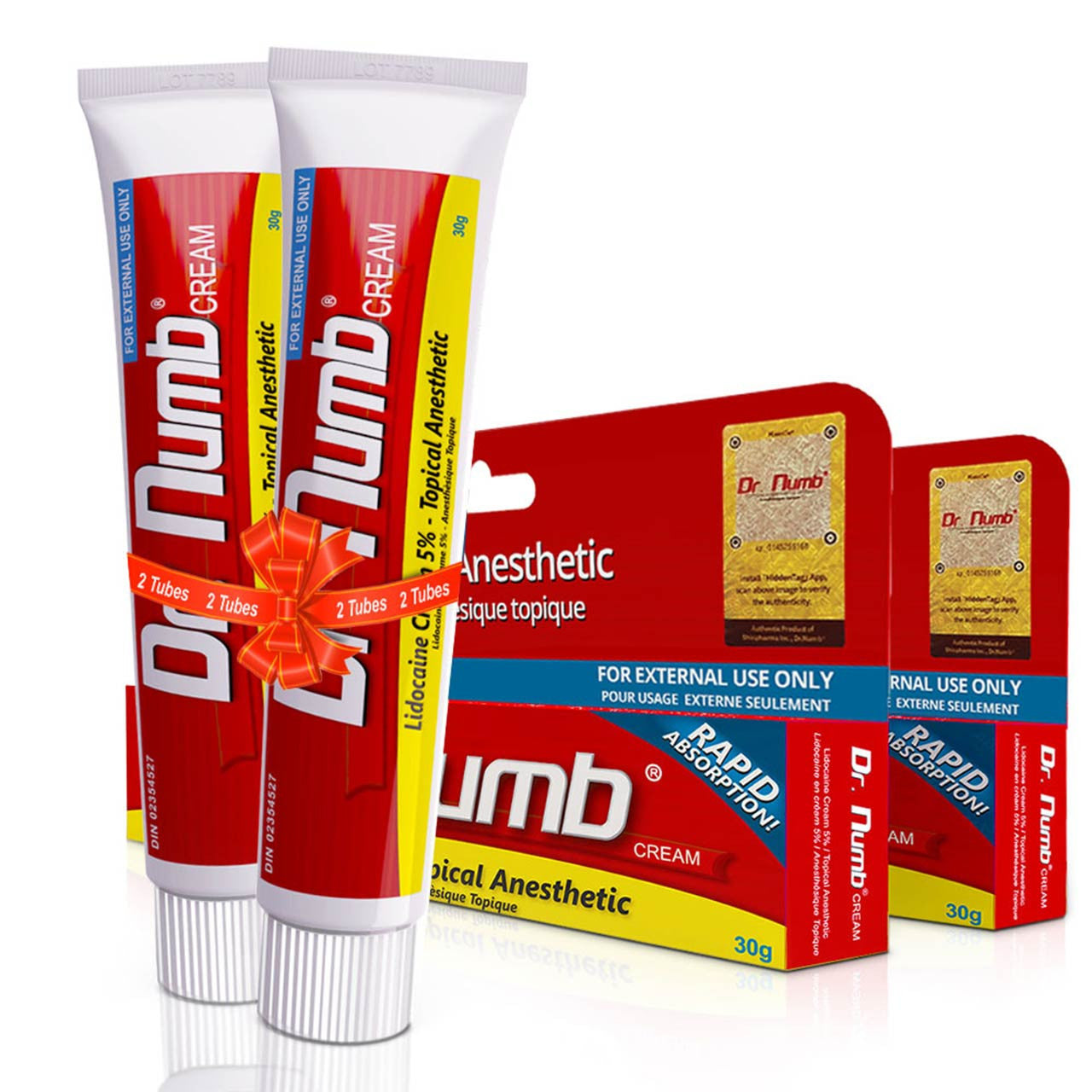
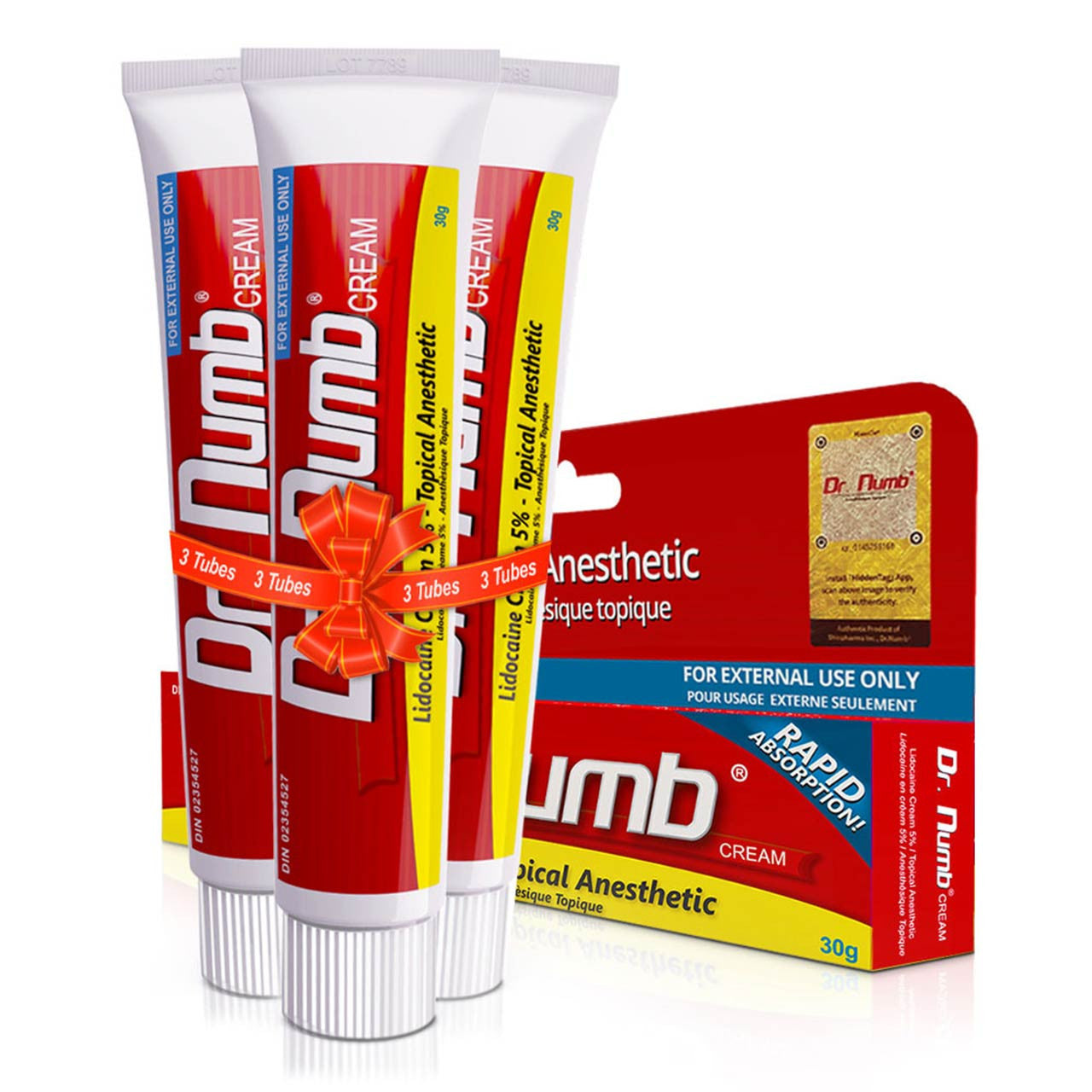
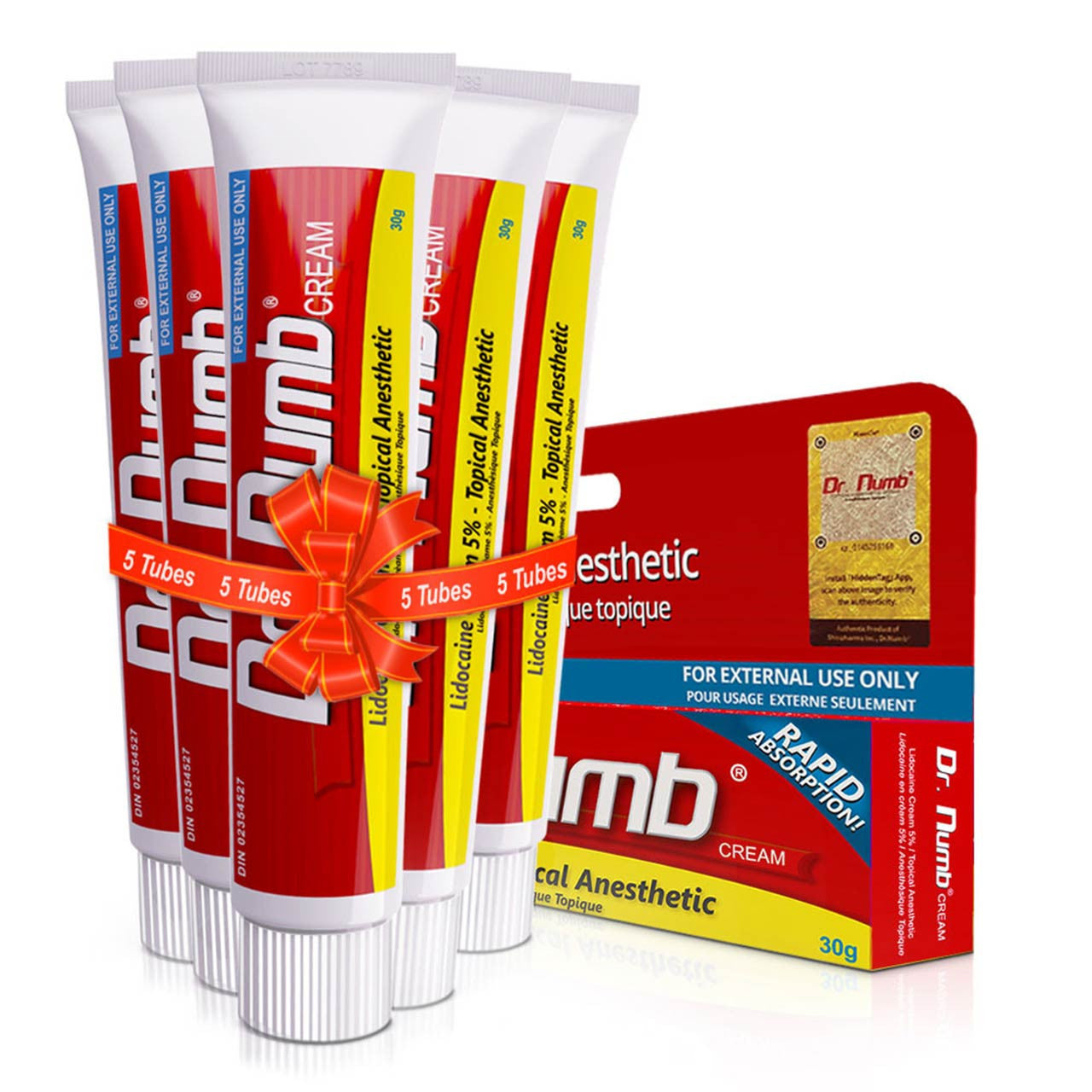
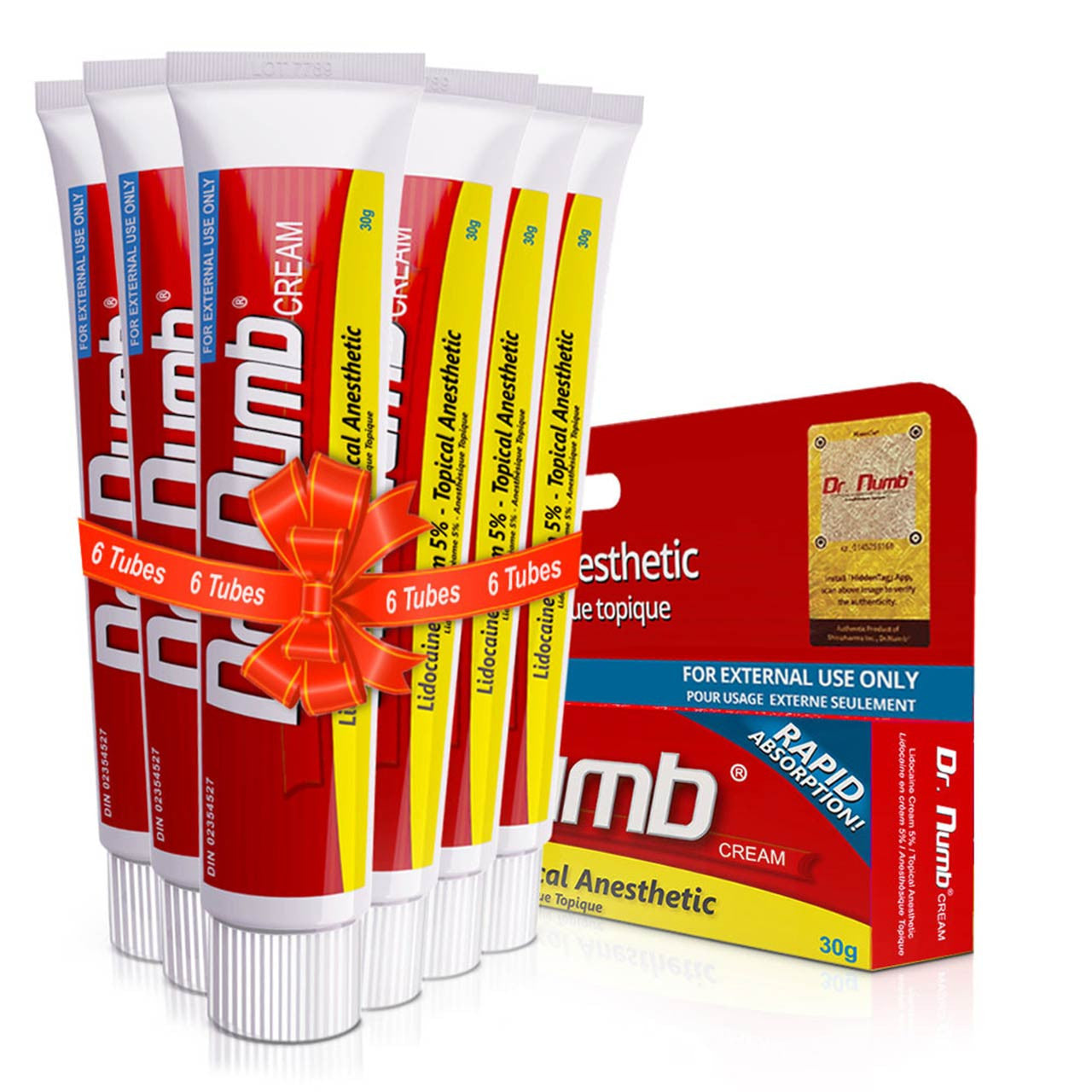
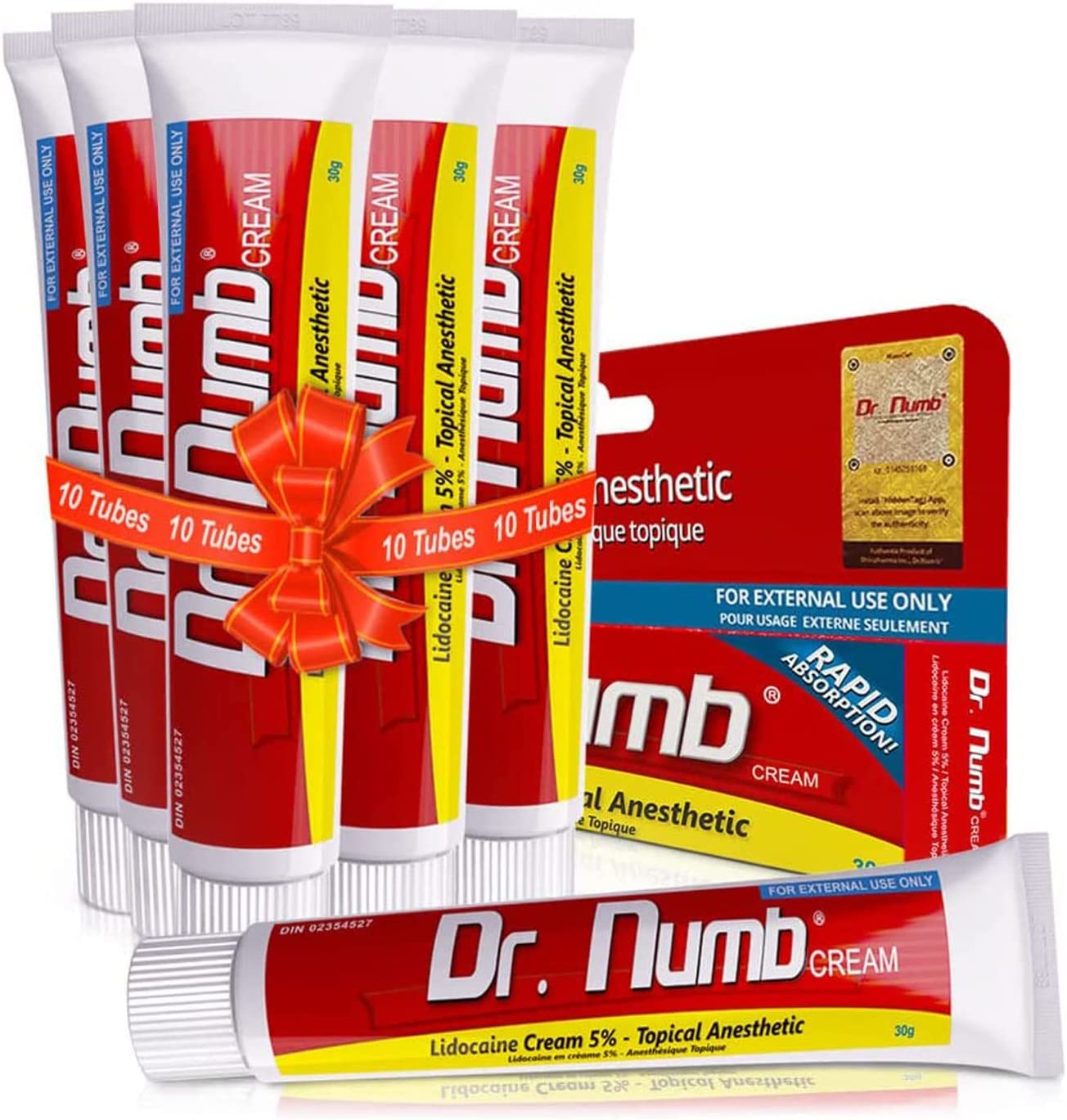
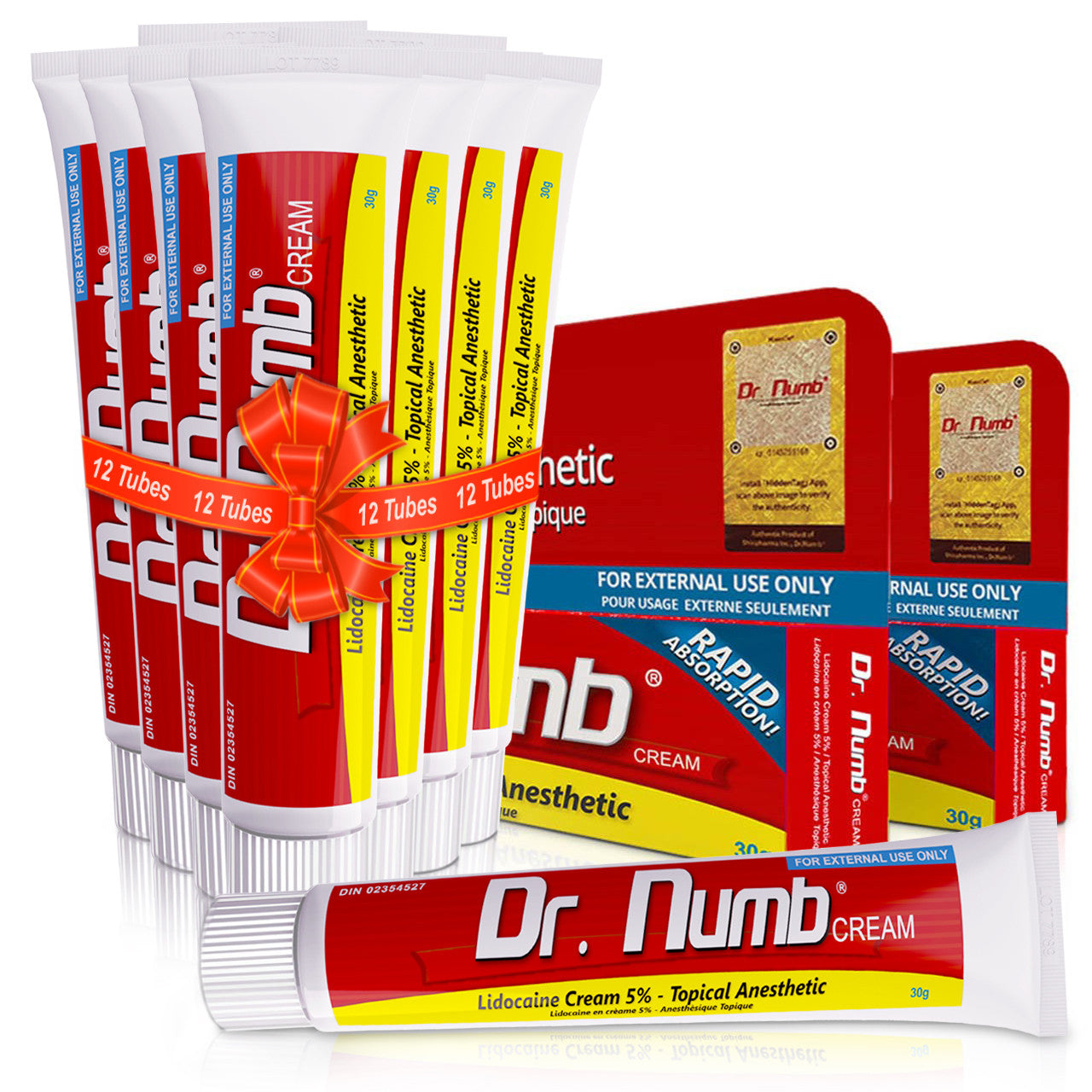



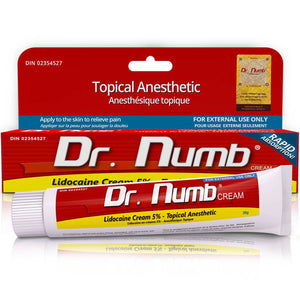
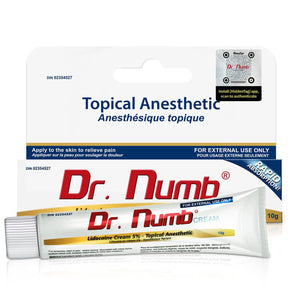


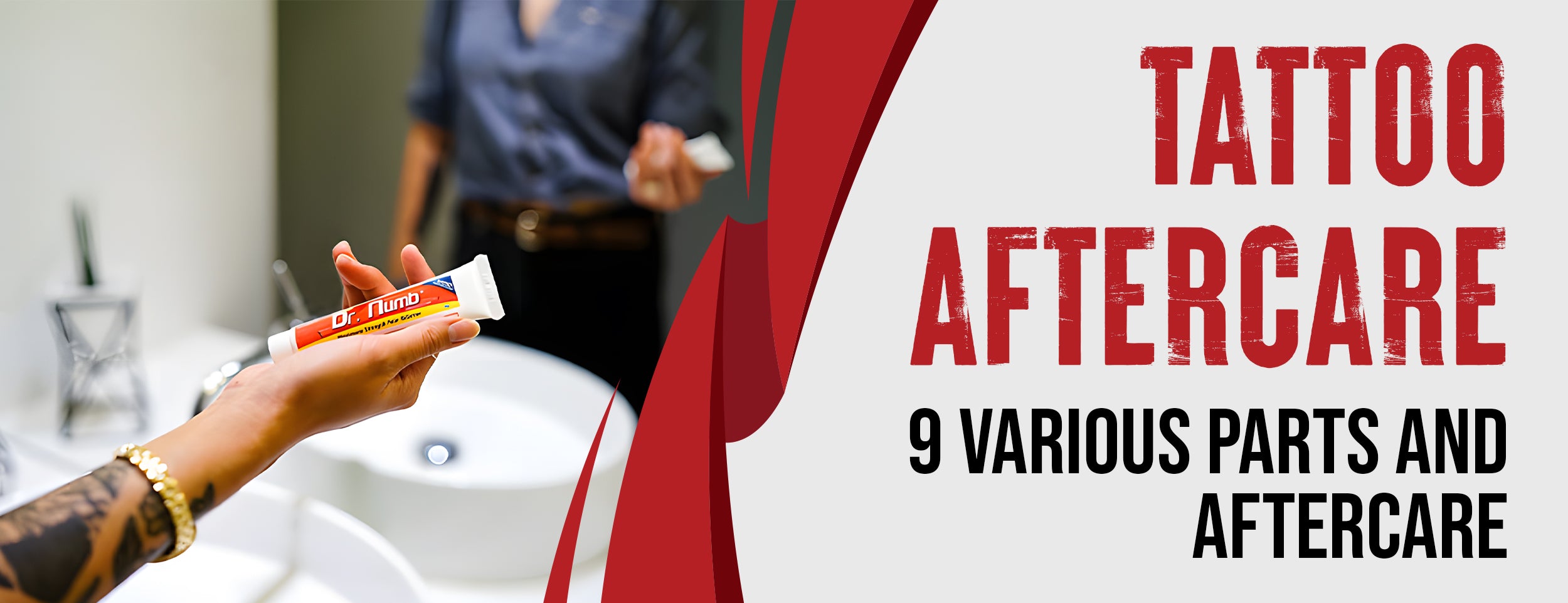
![Antibiotics and Tattoos: 3 Risks and 3 Effects [with 4 Precautions]](http://drnumb.ca/cdn/shop/articles/Can_You_Get_Tattooed_On_Antibiotics__3_Risks_and_3_Effects_4_Precautions.jpg?v=1714128292)

